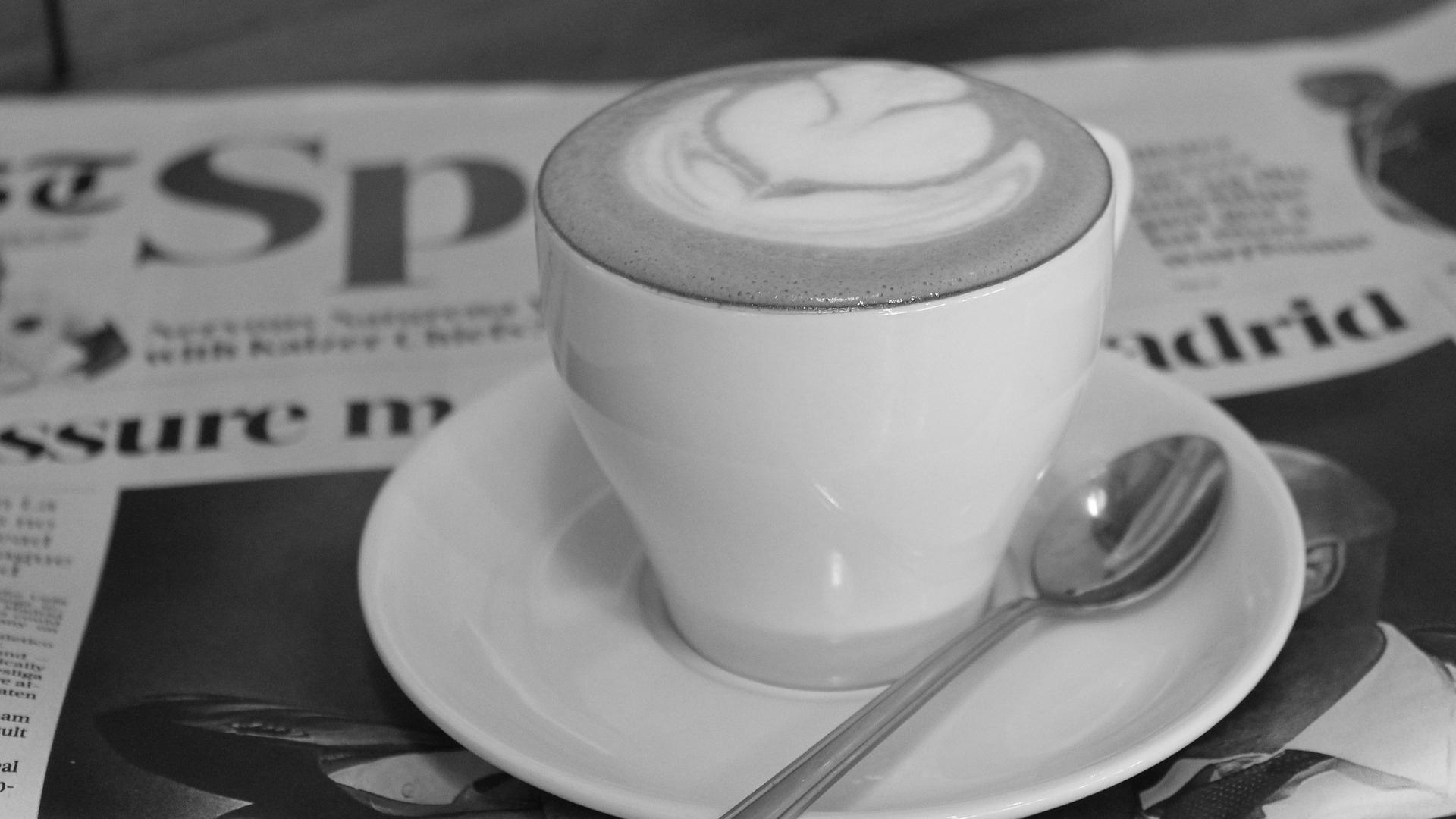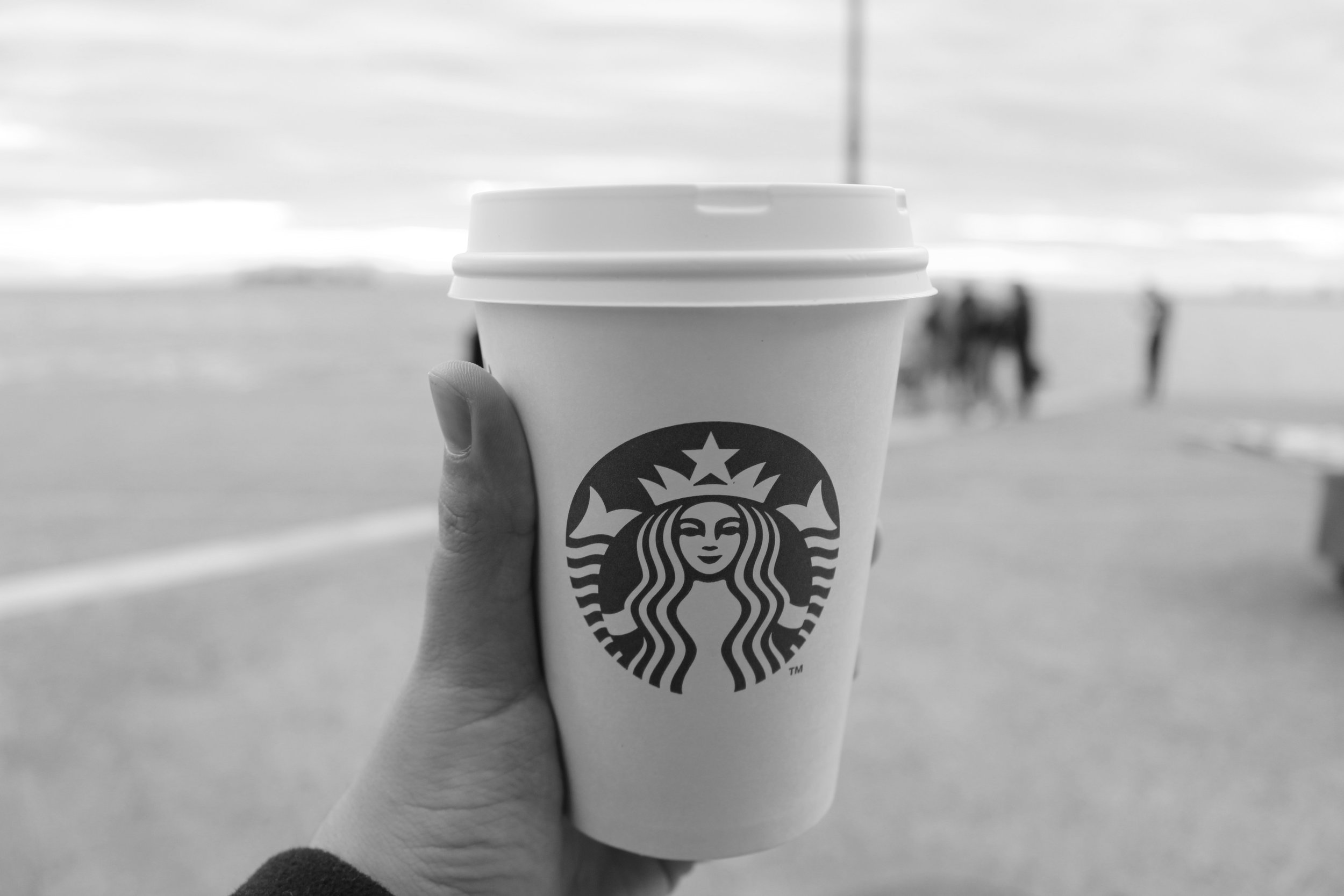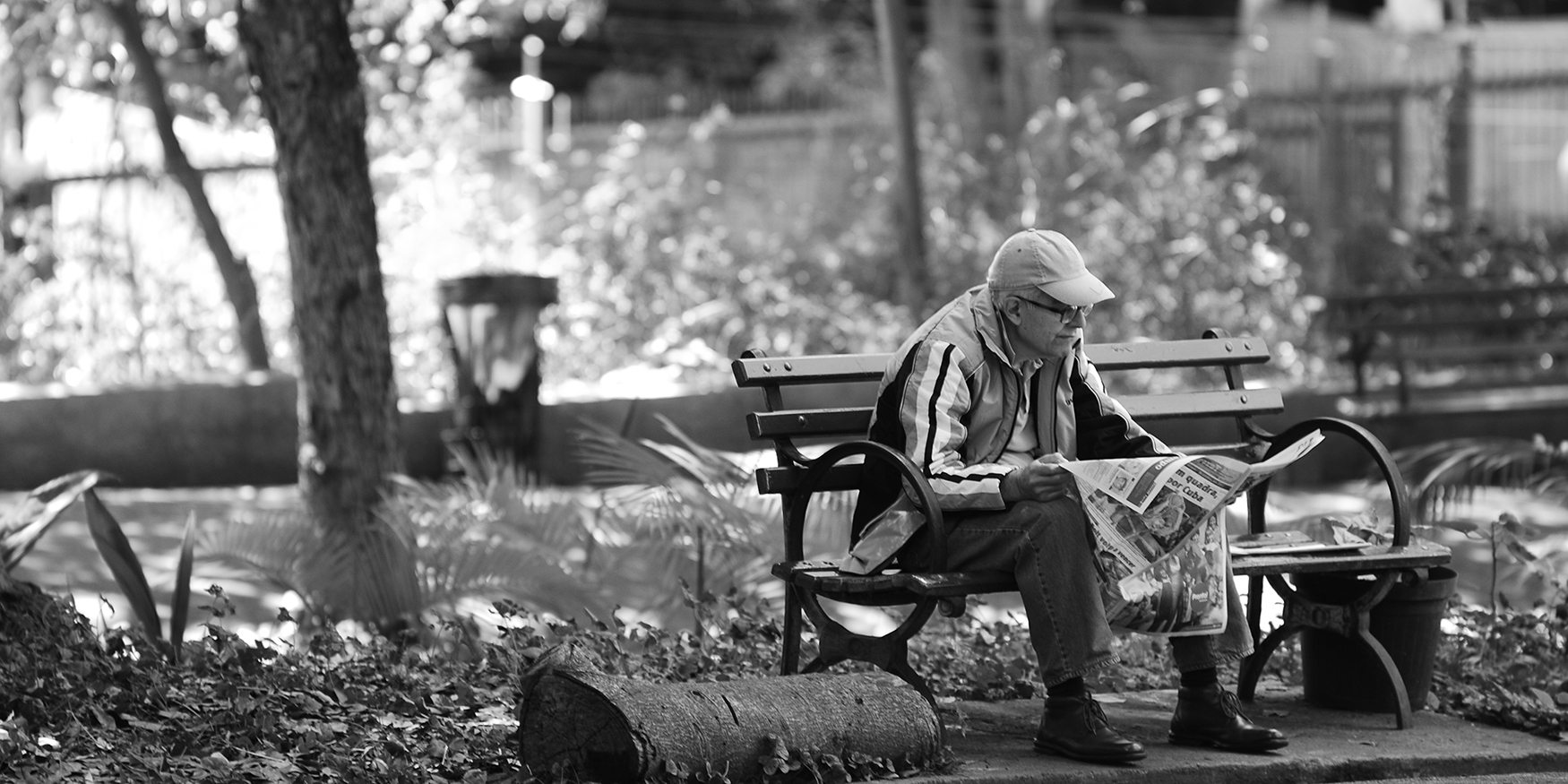Space: The Final Coffee Frontier
For paid subscribers: From the preposterous tech startup that wanted to roast coffee in space to espresso on the International Space Station, there’s a lot of coffee up there.

Hello and welcome to another Coffee News Roundup, where this week the news is thin on the ground. Unlike the leaves in my back yard, which despite my best efforts continue to fall. Good times.
Let’s take a look at what news there is.
Let’s start with an actual real news story before we move on to the nonsense further down.
The British nonprofit Twin shut down a few weeks ago, having been in operation since 1985, citing financial pressures over the past year that left them unable to continue functioning.
Now, the coffee importing and development arm of the charity, Twin Trading, has been taken over by Sustainable Harvest, giving the US-based importer its first physical presence in Europe.
“We are committed to maintaining Twin’s spirit and I have no doubt that together we will dream up new ways to use coffee to tackle the world’s most pressing challenges,” said Sustainable Harvest’s founder and CEO David Griswold said in an announcement.
According to Daily Coffee News, “Over the past 10 years, according to Twin’s own estimates, the group has generated $129 million of Fairtrade business, paid $9.8 million of additional premiums to farmers and paid more than 32% above local market prices for coffee.”
Alright, now on to the nonsense.
Starbucks has opened its first Pickup store in Manhattan, essentially an empty room where you can pick up a drink you ordered previously via their app.

What’s the point of this, you might think? Who is going to use it? Is this actually from a dystopian sci-fi movie staring Tom Cruise?
Well, Starbucks PR person Katie Young claims that “Our customers who are on-the-go have told us that connection and convenience are important to them.”
Because standing in line, interacting with a human being, and waiting a few minutes for your drink to be prepared is incredibly taxing and time-consuming.
The company continues: “As customer behaviors evolve, we are reimagining the role of the ‘third place’ (the place between home and work where it’s possible to connect over a cup of coffee) with a focus on convenience, comfort and connection.”
At this point, it all starts to read as satire—a company that built its reputation on offering access to that elusive, semi-mythical third place is trying to “reimagine” it as a soulless cupboard where you can get your caffeinated milkshake without having to interact with another human being.
Truly incredible.
Is “coffee-washing” a thing? Can a financial behemoth with a history of legal and ethical missteps (read: massive data breaches and misleading customers) win over the public by offering cheap coffee and not feeling like a bank branch?

It seems so. Apparently people love the Capital One 360 Cafés, and don’t see the fact that it’s clearly a way to buddy up to its customers and convince them to take out a credit card as a bad thing.
The author of the article actually discusses this aspect, asking “When did we all decide it was normal for the finance industry to pose as our friendly neighborhood barista?” and musing that “The Capital One Café is an easy and dirt-cheap way to throw the public a bone, while also fostering ‘emotional loyalty.’”
I wonder if we’ll see more dubious corporations jumping on the “emotional loyalty” bandwagon and opening coffee shops in the future: Tyson Foods opening a meat-themed cafe in Arkansas; ExxonMobil going the organic, direct-trade route with their hip coffee roaster Shale; Nestlé buying up a popular California-based coffee company in order to… oh.
Fifth wave? We’re on the fifth wave now? When did this happen? What about the fourth wave?
What is the fifth wave, anyway?
*reads*
Uh, the fifth wave is “coffee shop culture and boutique concepts".
…
Read the full story here (but don’t).
Coffee pods. Capsules. Keurig whatsits. Whatever you call them, you probably know that they are environmentally dubious. True, there are articles about how they’re actually greener than you think (and greener than a pourover, somehow) but those are a drop in the ocean of negative coverage.

But don’t worry! Lavazza is introducing fully compostable capsules! They will break down in just six months (in an industrial composter). That’s good, right?
Well, for starters that whole “fully compostable” thing is a bit of a misnomer. Does your local municipality have an industrial composter? No? Well too bad.
You could take them to a special TerraCycle drop site, but honestly who is going to do that? Most people will likely just chuck them in the trash or their back yard compost, while thinking “oh they’ll break down fine”.
Also, it would be remiss of me not to mention that Lavazza had revenues of €2 billion in 2017. This is nothing other than marketing.
It could halve your risk of liver cancer.
I would say that’s pretty good.
And this is no “we gave three blokes a latte each before punching them in the face to see if coffee can improve your chances of not getting hit in the face” puff study. This was seven and a half years looking at the coffee-drinking habits of 471,779 individuals in the UK Biobank.
After taking into account factors such as gender, income, age, and lifestyle habits such as smoking, the researchers found that “coffee drinkers were 50% less likely to develop [hepatocellular carcinoma, the most common type of liver cancer] compared to those who did not drink coffee.”
Lead author Kim Tu Tran, postgraduate research student from the Centre for Public Health at Queen's University Belfast, delivered a masterclass in hedging by saying “People with a coffee-drinking habit could find keeping that habit going is good for their health. That is because coffee contains antioxidants and caffeine, which may protect against cancer.”
But also: “However, drinking coffee is not as protective against liver cancer as stopping smoking, cutting down on alcohol or losing weight."
So there’s that.

Queen City Collective Coffee Expands Its Reign In Denver by Me!
How The Moka Pot Influenced Coffee Consumption by Thomas Storr
Until next week, drink good coffee.
Deeply researched articles exploring all the ways coffee connects to politics, history, and culture—delivered direct to your inbox